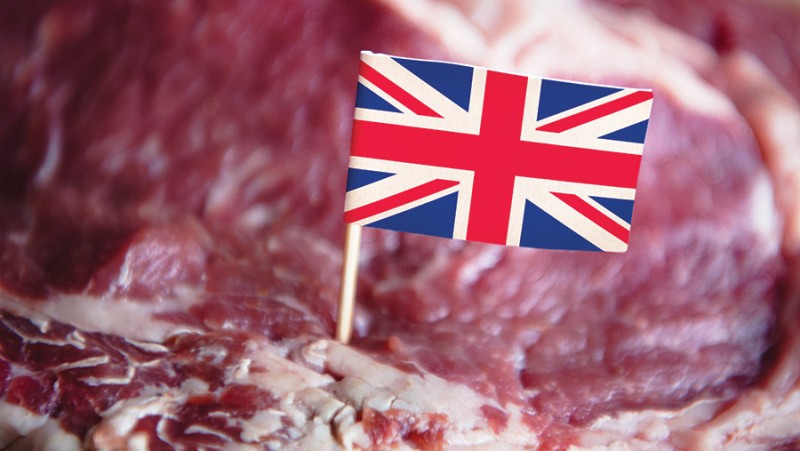
New food labelling could be introduced to sway consumers to support British farmers and high animal welfare standards.
The new label scheme would give shoppers better information and more informed choices about the food they eat, Defra explained.
This would help them to better identify and support high welfare standards or more easily choose to buy products from British farmers.
The department has launched a call for evidence seeking public opinion on the post-Brexit labelling system.
The call for evidence will gather information on the potential scope, regulation, format, and enforcement of a new labelling scheme.
It also seeks views on the actual welfare standards that might underpin it, building on the existing voluntary assurance schemes in the UK.
Defra Secretary George Eustice said British farmers produced food to an 'exceptionally high' standard of animal welfare, and consumers had come to 'expect nothing less'.
"Now that we have left the EU, we have an opportunity to look at food labelling – and whether the information that we give to shoppers helps them make informed choices.
"This call for evidence is a first step in ensuring that we fully meet consumers’ needs, and fly the flag for the high standards for which our farmers are renowned," he said.
The call for evidence will be open for 12 weeks, and relates only to England, Wales and Northern Ireland.
Food marked as being produced in the UK, showing that it was made exclusively by British farmers, has been suggested by numerous industry groups.
A campaign was launched earlier this year calling for transparent and verifiable mandatory method of production labelling for food products.
The Consortium of Labelling for the Environment, Animal Welfare and Regenerative Farming (CLEAR) said that clear labels would respond to the public's desire for greater transparency over how food was produced.
CLEAR chairman, Fidelity Weston said with the labels, farmers would be able to distinguish themselves from others producing to lower standards.
“This will allow food that is made to higher standards to be differentiated in the marketplace and eliminate any labelling that falsely conveys better levels of production.
"And food retailers and the hospitality sector can avoid the technical and financial challenges of having to devise their own labels,” she added.
The NFU has also called for 'clear and unambiguous' labelling on food products to allow shoppers to make more informed choices.
